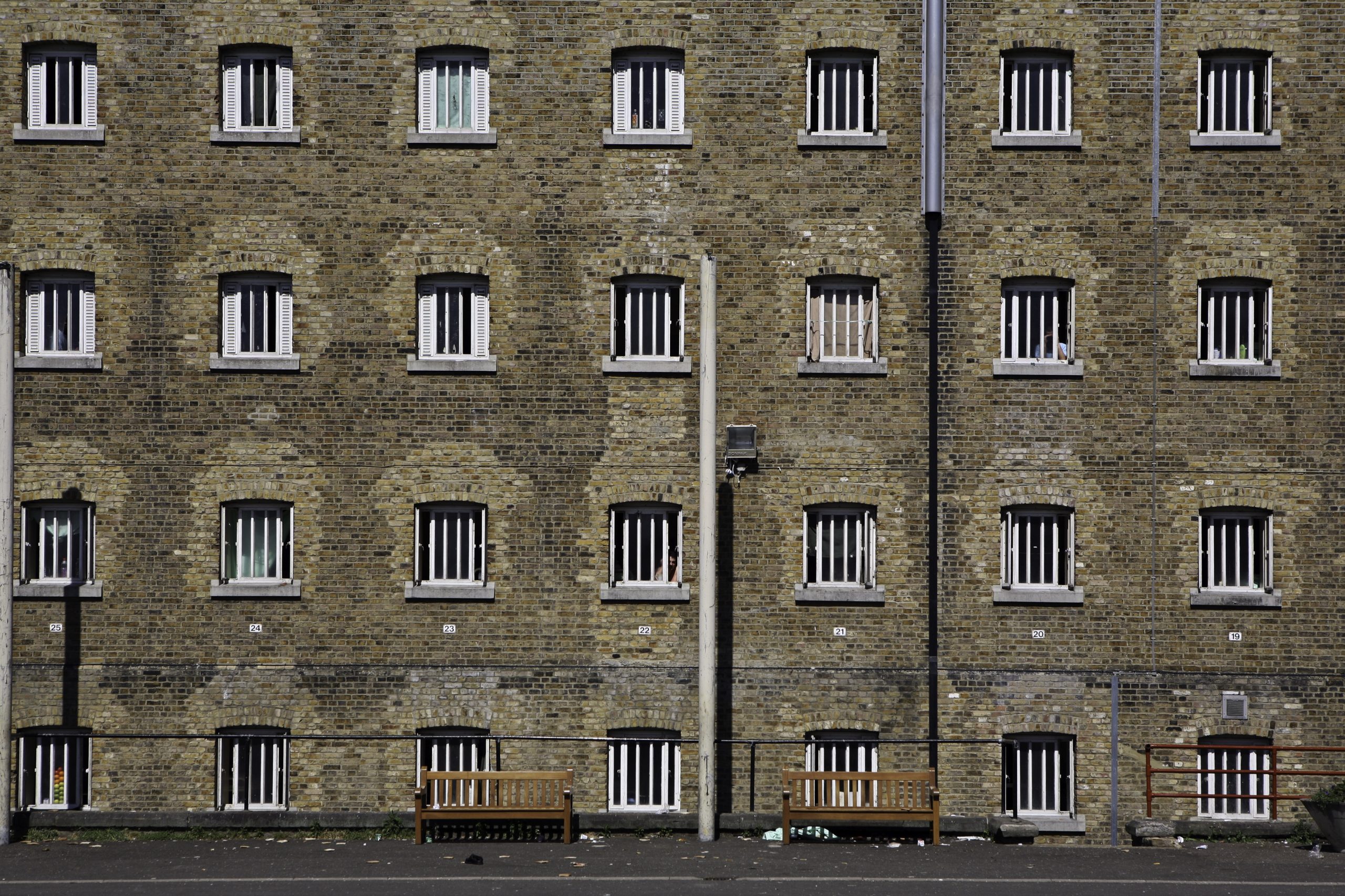A ‘post-Covid torpor’ had infected many prisons which was, in part, the result of massive cuts in experienced police officers, according to the chief inspector of prisons. Charlie Taylor, delivering the Royal Holloway’s Magna Carta Lecture, warned of the consequences of locking up prisoners for 23 hours a day for so long. ‘We can’t yet know what the long-term effects of extended lockdowns will be on this generation of prisoners, but it is likely there will be a price to pay for the boredom, the inactivity, the loss of family ties, the postponement of group therapy and the lack of education or work,’ he said. ‘Reoffending rates for those leaving custody remain stubbornly high at around 40% for adults and over 60% for children. This suggests that most prisons are doing a better job of punishing than they are at rehabilitating or protecting the public from future crime. I don’t expect that after the last two years we will see an improvement these numbers.’
According to inspections, most prisoners have been locked in their cells (in Taylor’s words) ‘for around 22.5 hours a day – more in some cases and especially at weekends’. He continued: ‘In a Victorian jail like Bedford or Leicester, that meant that two prisoners were typically spending most of their time in a 12 foot by six foot cell, with a bunk bed, a sink, an unscreened lavatory in the corner, a kettle, a chair and a television set’. ‘Any pretence at rehabilitation was sacrificed to keep staff and prisoners safe from the virus,’ he added.
The prison service lifted its last Covid restrictions last month. ‘A sort of post-Covid torpor seems to have infected many prisons, with workshops and classrooms remaining empty and prisoners wiling away their time watching daytime television and sleeping,’ Charlie Taylor said. ‘… This is, in part, because some prisons simply do not have enough staff to run properly. In 2015, in order to save money, ministers reduced the head count of the prison officers. The result was that between 2015 and 2019 the percentage of prison officers with more than three years’ service fell from 91% to 58%.’
The loss of staff combined with the arrival of a new generation of synthetic psychoactive substances such as Mamba and Spice had been ‘catastrophic’ for prisons. ‘By the time these drugs had been criminalised, networks for getting them into prisons had been established, meaning that letters, photographs and even clothing could be impregnated, brought into the prison and cut up, sold and smoked,’ Taylor said. ‘Fewer staff and more drugs meant that prisoners built up debt they couldn’t pay, and rival gangs began to compete for the lucrative prison market. From 2016 to 2019, levels of violence doubled as the prison service tried in vain to stem the assaults both on staff and between prisoners. More prisoners than ever began to self-harm as the anxiety caused by drugs, violence and debt increased.’
‘Every week I meet prisoners who are desperate to escape the cycle of crime and incarceration. Many are addicted to drugs or alcohol, and they describe how their lives, and those of the people around them, have often been destroyed by their habit, and they want help to change.’
Charlie Taylor
Taylor made the case for rehabilitation with close links between prisons and the community and a continuity of health care, so that when prisoners were released, their cases could be picked up by health services outside the jail. He flagged up the success of HMP Grendon providing ‘intense, therapeutic support for prisoners, some of whom have been fighting the system inside and outside custody all their lives’.




